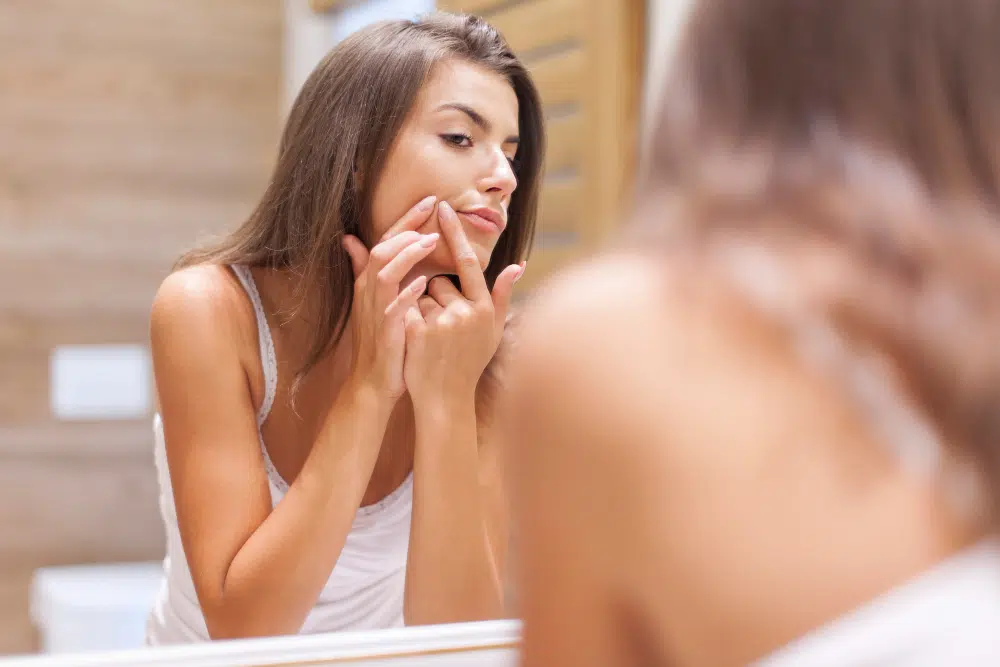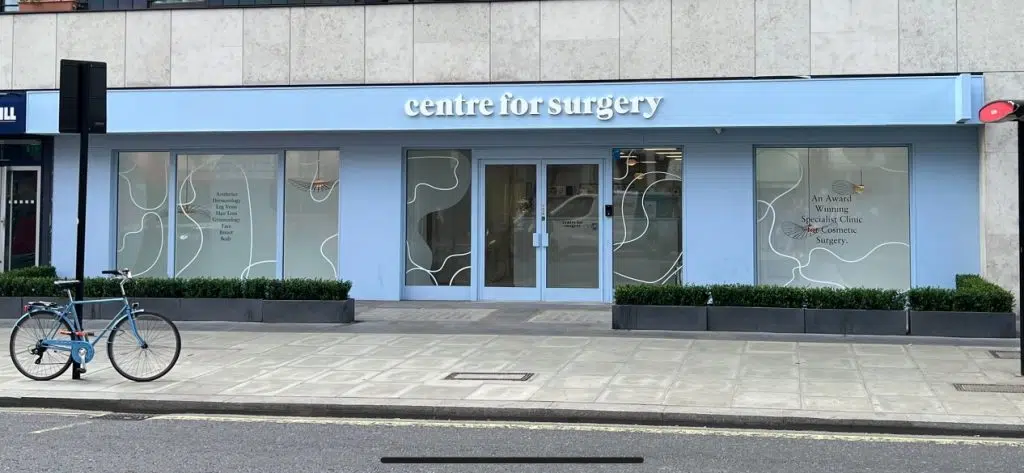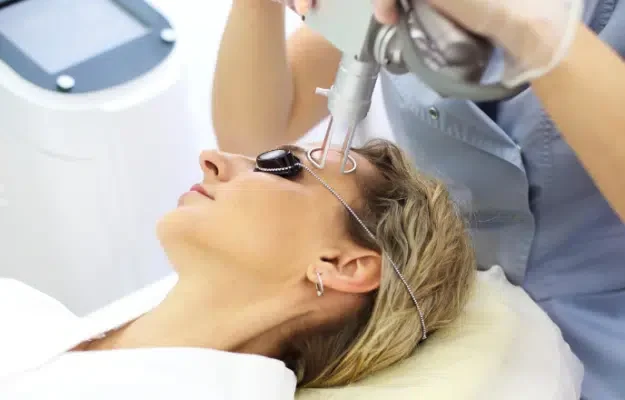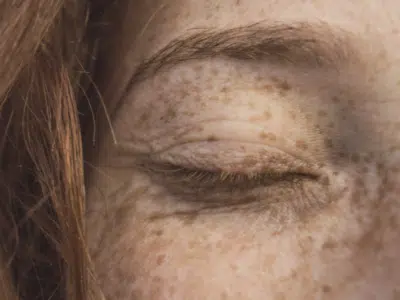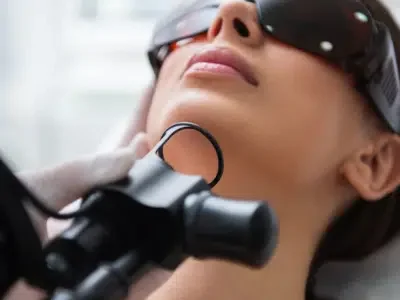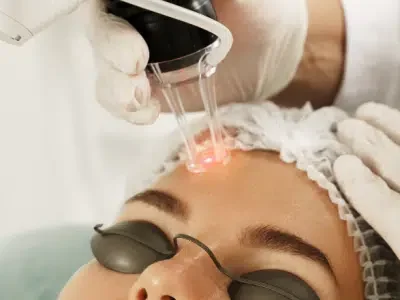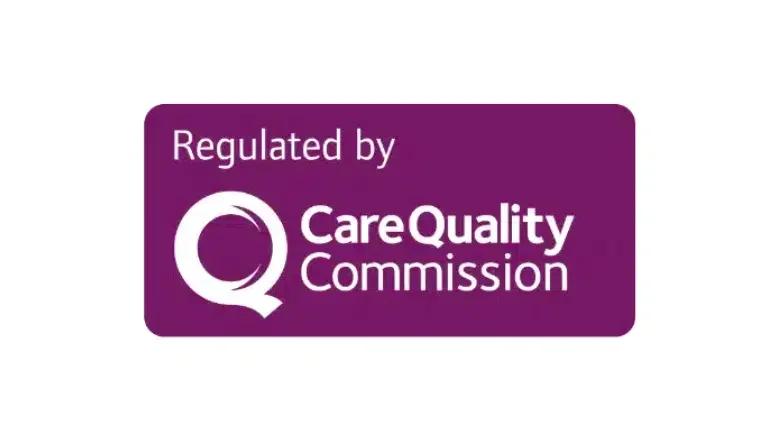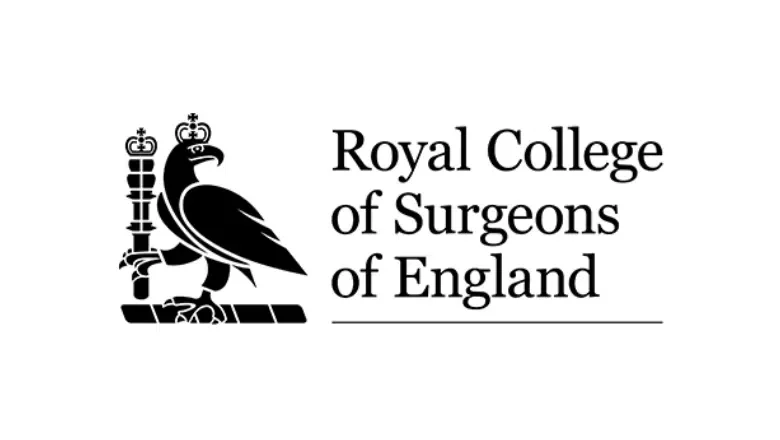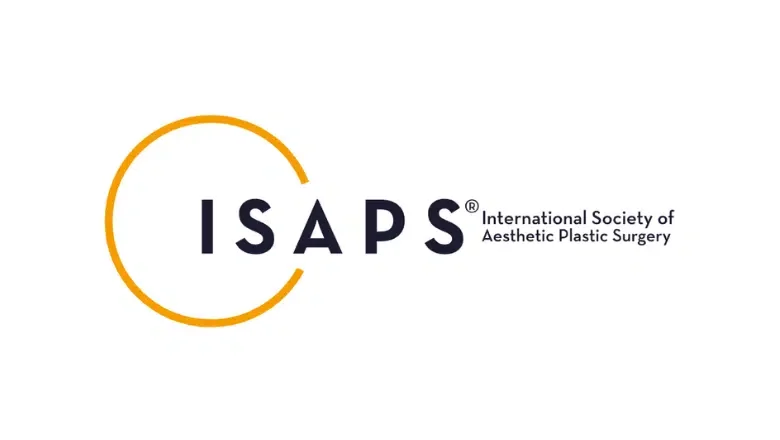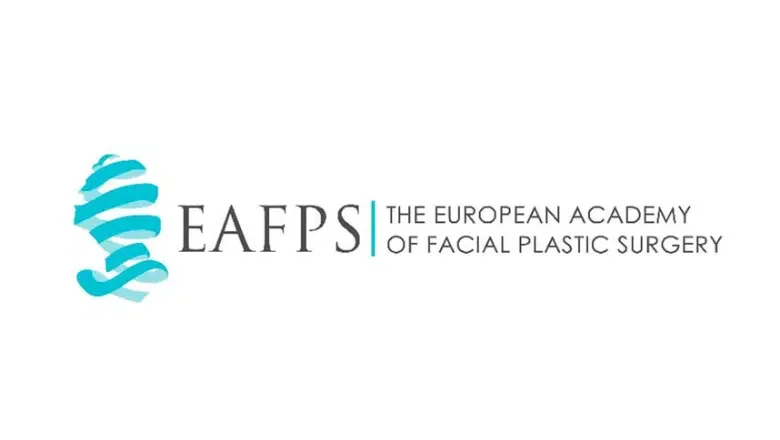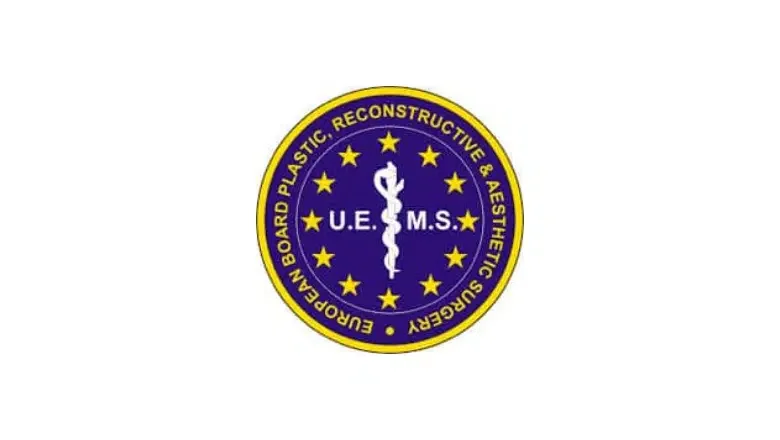Acne is one of the most common skin conditions that affect young adults and teenagers. Acne in teenagers is most often related to significant hormonal fluctuations. Acne occurs in a wide variety of different age groups and not just in teenagers who are experiencing puberty. Acne can also affect older adults and is just as common in those over 24. Globally, the large number of people who have adult acne means it is one of the most commonly occurring skin conditions and has become increasingly prevalent over the last 15 years, with approximately one in eight of all women affected. Although less common in men, acne still affects up to 1 and 10 of all men.
Adult acne has differing severities, and it can most easily be categorised into mild, moderate, or severe cases. Acne in adults most commonly involves the face, upper chest or back. The type of acne treatment chosen will depend on the severity of the acne. Typical clinical features associated with acne depend on the severity:
- Mild acne – adult acne in its mildest form most commonly manifests as blackheads, whiteheads and small pustular lesions. These pustules appear as raised small bumps which appear white and are often surrounded by erythematous or red skin.
- Moderate acne – In moderate cases of acne, the skin off the face often becomes covered with papules, with up to half of the face affected. Papules are raised skin lesions which measure less than 10mm in diameter and can resemble the colour of the surrounding skin or appear red.
- Severe acne – adult acne in its most severe form results in the appearance of diffuse redness with associated swelling. Severe acne is associated with the formation of deep nodules and cysts.
Advances in acne treatment now mean there are highly effective treatments designed to prevent severe outbreaks of acne without the need for more acne-intensive treatments.
What are the causes of acne in adults?
Acne affecting adults is related to the same causes of acne affecting teenagers with significant overlap. Both acne in teenagers and in adults share the following characteristics:
- An increase in sebum production
- Blockage of the pores
- The presence of acne-causing bacteria
- Inflammatory changes
Although teenage acne shares many features with adult acne, adult acne can also be precipitated by other causes, including:
- Emotional upset—People who feel significant amounts of emotional stress may result in increased secretion of hormones associated with many types of stress. Excessive levels of stress can affect underlying hormonal balance, and this may trigger the development of adult acne.
- Genetics – people who have first-degree relatives, such as parents who have acne, are more likely to develop it themselves, which suggests a strong genetic link.
- Hormonal fluctuations – as with teenage acne, an imbalance in hormone levels can trigger adult acne. Both oestrogen and male hormones may stimulate an increase in sebum production. Hormonal changes also occur during pregnancy, breastfeeding and menstruation. The ageing process may also affect hormonal balance.
- Stress and fatigue – people who suffer from sleep deprivation or have had a significant illness may develop fluctuations in hormone levels and this could affect immune functioning. A weakened immune system could increase the likelihood of developing acne.
- Skin irritation—Certain types of skin care products can lead to irritation of the skin, which can result in adult acne. Although the exact cause is unknown, certain skin types may be more at risk of becoming irritated by repetitive shaving. This could affect the natural barrier function of the skin, resulting in inflammation and the development of acne.
Can adult acne go away on its own?
People with adult acne commonly ask if it will go away on its own or whether it needs treatment. Acne becomes less prevalent with age and is quite rare in women after menopause. Although in a small number of cases, adult acne may improve on its own, many people find their symptoms persist and are keen to explore the various treatment options for adult acne.
As explained above, there are different grades of acne, and the severe forms of acne are more likely to result in acne scarring, particularly if left untreated. This is why it is important to see a specialist early for a prompt diagnosis followed by the institution of correct acne treatment. Acne can present in a variety of different ways, with the most common features below:
- Blackheads
- Whiteheads
- Papules
- Pustules
- Nodules
- Cysts
Cystic acne is considered the most serious type of adult acne and is highly likely to result in significant scars. It can also cause considerable discomfort, especially when inflamed. The cystic lesions found in severe forms of acne contain pus and look similar to common skin boils. Untreated cystic acne will inevitably result in scarring, especially if the cysts are manually squeezed.
Why is laser considered the best treatment for adult acne?
There are now a wide variety of treatments for adult acne, but not all are effective. At Centre for Surgery, acne treatment is always customized to the individual patient to achieve symptom control and reduce the risk of developing acne scarring. The grade of acne will determine the best treatment.
Here at Centre for Surgery, our expert practitioners are highly experienced in treating all types of adult acne, including cystic acne. The foundation of successful treatment is based on taking a full medical history and carrying out a physical examination to determine the most appropriate treatment options. Although acne may go away on its own in some cases, we would always recommend a detailed clinical assessment with appropriate treatment to prevent the risk of acne scars. Highly effective adult acne treatment can give you much improved and healthier skin with a significant boost in self-confidence and little or no acne scars.
Traditional types of acne treatments used for all grades of acne include:
- Topical creams and gels
- The oral contraceptive pill
- Oral antibiotics
- Roaccutane can only be prescribed by a specialist
Other types of in-clinic treatments for adult acne have also been used with varying levels of success, including:
- Chemical skin peels
- Microneedling
- LED light therapy
Our approach at Centre for Surgery is the target the underlying disease process by targeting the underlying sebaceous glands with Nd:YAG laser. Laser acne treatment targets the underlying bacteria responsible for causing acne and reduces the activity of the sebaceous glands with a reduction in sebum production. Laser acne treatment is a safe and effective option for all types of acne, including cystic acne. Treatment with acne laser also helps to reduce the risk of acne scarring.
Acne treatment before and after
Case 1:
Complete clearance with only one treatment of Nd:YAG laser.
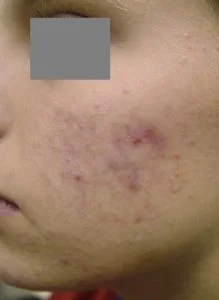
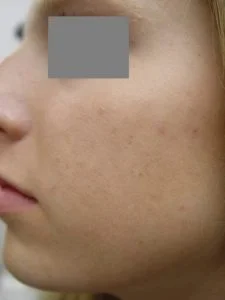
Case 2:
19-year-old transgender woman with a 3-year history of acne on the face. The patient had tried multiple oral and topical treatments, including retinoids, with minimal improvement. The patient had four sessions of Nd:YAG laser every two weeks. The after photo was taken after the final treatment, and there was no recurrence at the 1-year follow-up appointment.
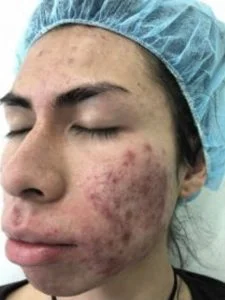
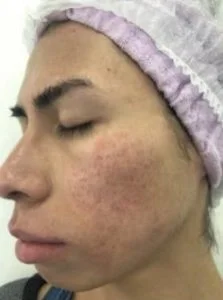
Case 3:
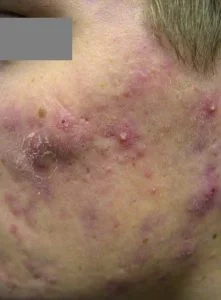
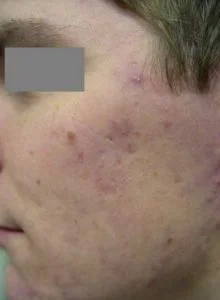
Case 4:
This was a 22-year-old Chinese male who had had active acne for over six months. He had tried many different treatments, including topical acne treatments. He was not keen on taking acne drugs and wanted a faster solution. Three sessions of Nd:YAG laser were performed. Each treatment was spaced 28 days apart.
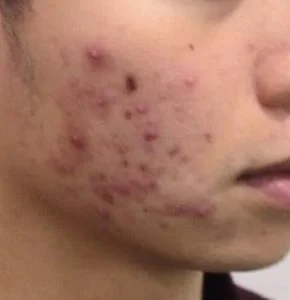
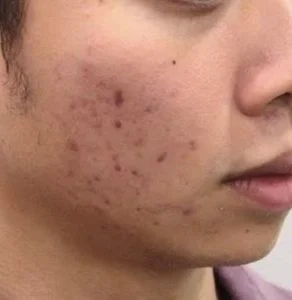
Case 5:
Cystic acne is very unpleasant and presents as inflamed pustules filled with pus. Before and after the treatment of acutely painful cystic acne lesion of the nose with combined Nd:YAG and Erbium laser
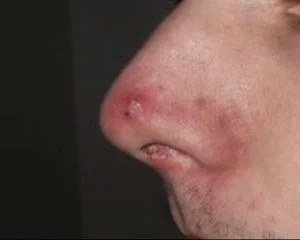
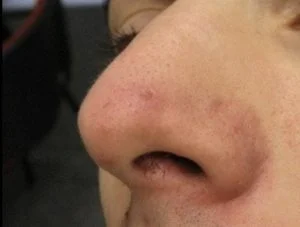
If you would like to learn more about adult acne treatment at Centre for Surgery in London, please call 020 7993 4849 or complete the contact form below to book a consultation with an acne specialist. Our friendly and expert patient coordinator team will arrange a consultation at our state-of-the-art Baker Street clinic in Marylebone.
